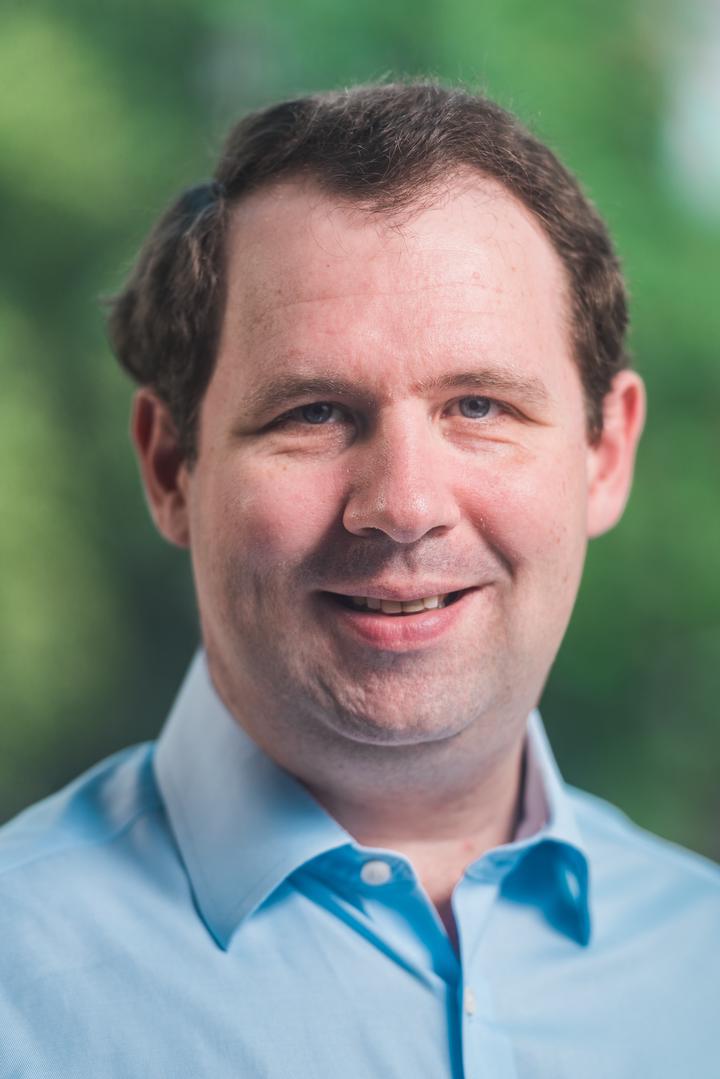Re-designing computer systems for reliable electronic evidence

Abstract
Computer systems are increasingly relied upon for a wide range of important tasks, but much of the research on reliability has been restricted to the control systems for safety-critical hardware. For other systems, efforts to assess their effectiveness has been more ad-hoc and of questionable validity, even those relied upon to produce legally admissible evidence. From breathalyzers and forensic software to the infamous Post Office Horizon system, computer bugs can make the difference between someone being imprisoned and going free. This talk will discuss some examples of computer evidence failures risking causing miscarriages of justice, and what can be done to mitigate such risks in the future. In particular, it will motivate the idea that computer systems relied upon for computer evidence should be built with rigorous engineering techniques, but that these techniques are distinct from what are needed for safety-critical systems. When combined with appropriate treatment by the legal system, we can help avoid future miscarriages of justice.
Steven J. Murdoch is Professor of Security Engineering and head of the Information Security Research Group of University College London, working on payment system security, privacy-enhancing technologies, online safety, and the interaction between computer science and the law. He teaches on the UCL MSc in Information Security. His research interests include authentication/passwords, banking security, anonymous communications, censorship resistance and covert channels. He has worked with the OpenNet Initiative, investigating Internet censorship, and for the Tor Project, on improving the security and usability of the Tor anonymity system. His current research is on how computer systems can produce evidence to allow fair and efficient dispute resolution. Professor Murdoch was Chief Security Architect at Cronto, and following their acquisition of the technology he developed, he took on the role of Distinguished Scientist for OneSpan. He is a member of REPHRAIN, the National Research Centre on Privacy, Harm Reduction and Adversarial Influence Online. He is a director of the Open Rights Group, a UK-based digital campaigning organisation working to protect rights to privacy and free speech online and is a Fellow of the IET and BCS.